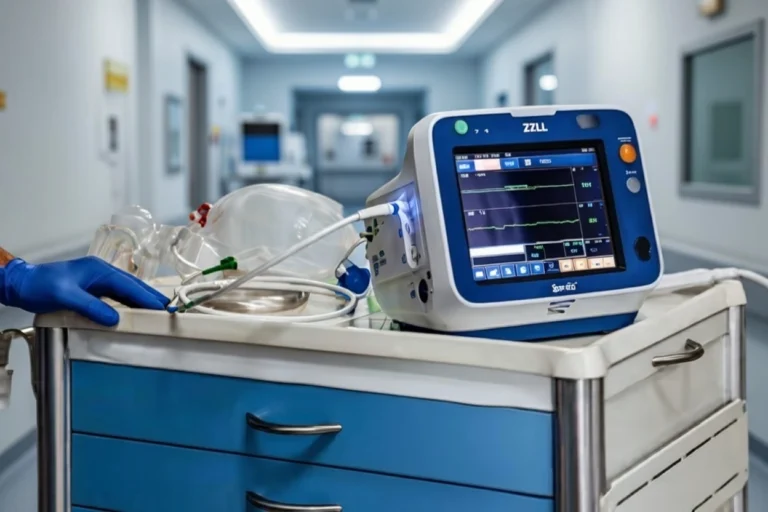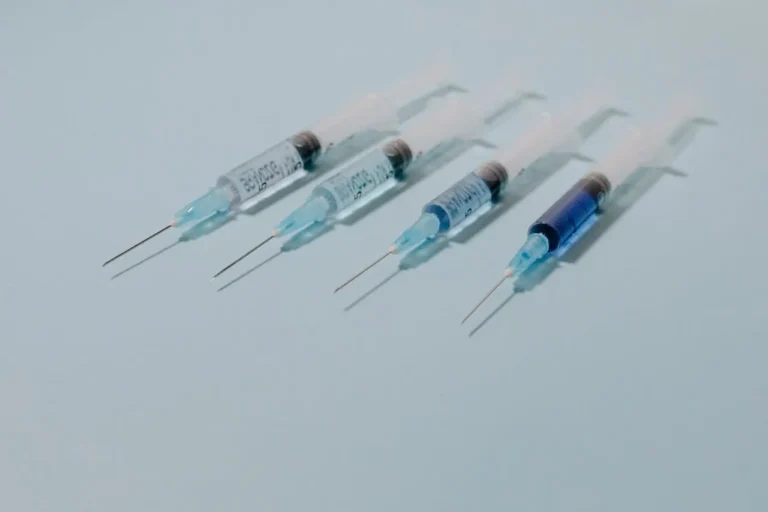
Genmab has announced promising results from the Phase 1b/2 EPCORE® CLL-1 clinical trial evaluating epcoritamab, a T-cell engaging bispecific antibody, in patients with relapsed or refractory chronic lymphocytic leukemia (R/R CLL). Epcoritamab, administered subcutaneously as monotherapy, demonstrated an overall response rate (ORR) of 61% and a complete response (CR) rate of 39% in difficult-to-treat adult patients. These results, from the monotherapy expansion (EXP) cohort (n=23) of the trial, along with initial safety data from the optimization (OPT) cohort, were presented at the 66th Annual Meeting of the American Society of Hematology (ASH) in December 2024.
In the EXP cohort, the median time to response was 2 months, and the median time to CR was 5.6 months. The median progression-free survival (PFS) was 12.8 months, with a median overall survival (OS) not yet reached (follow-up: 22.8 months). Approximately 65% of patients were alive at 15 months. Among 12 responders evaluated for minimal residual disease (MRD) by next-generation sequencing in peripheral blood, 75% of patients had undetectable MRD.
The most frequent non-hematologic treatment-emergent adverse events (TEAEs) in the EXP cohort included cytokine release syndrome (CRS; 96%), diarrhea (48%), peripheral edema (48%), fatigue (43%), and injection-site reactions (43%). Cytopenias were common, with anemia and thrombocytopenia occurring in 65% of patients, and neutropenia in 48%. These cytopenias were primarily linked to baseline disease status. Three cases of immune effector cell-associated neurotoxicity syndrome (ICANS) were reported (one Grade 1, two Grade 2), and one case of clinical tumor lysis syndrome (CTLS) (Grade 2), none of which led to treatment discontinuation. Four fatal TEAEs were reported, including two cases of pneumonia, one of sepsis, and one of squamous cell carcinoma of the skin.
CRS was manageable in the EXP cohort, with a step-up dosing regimen. The severity of CRS was mainly low-grade (9% Grade 1, 70% Grade 2, 17% Grade 3). In the OPT cohort, which utilized a 3-step step-up regimen, CRS severity was reduced, with only low-grade events observed (71% Grade 1, 12% Grade 2). CRS events typically occurred after the first full dose and did not lead to treatment discontinuation. Notably, no ICANS or CTLS cases were reported in the OPT cohort.
Dr. Alexey Danilov, Professor and Director of Early Clinical Therapeutics at the City of Hope, commented, “These EPCORE CLL-1 data are encouraging, especially considering most patients had been heavily pre-treated with at least four lines of therapy. Despite advances in CLL treatment, there remains a significant need for new therapeutic options for patients with high-risk disease that has progressed after standard chemoimmunotherapy and targeted therapies.”
The trial also highlighted high response rates in patients with high-risk factors, including TP53 aberrations, IGHV-unmutated disease, and double-refractory disease, which are associated with poor prognosis. Among patients with TP53 aberrations (n=15), the ORR was 67% and the CR rate was 33%. For patients with IGHV-unmutated disease (n=16), the ORR was 63%, with a CR rate of 44%. In double-refractory patients, the ORR was 53%, with a CR rate of 37%.
Dr. Judith Klimovsky, Executive Vice President and Chief Development Officer at Genmab, emphasized the significance of these findings: “Chronic lymphocytic leukemia remains incurable, and patients with high-risk disease often require multiple treatments. These early data suggest the potential of epcoritamab as a viable treatment option for relapsed or refractory CLL, reinforcing its potential as a key therapeutic option for B-cell malignancies.”
Epcoritamab has not yet been approved for use in CLL in the U.S., EU, or any other territory, and its safety and efficacy for CLL are still under investigation.





